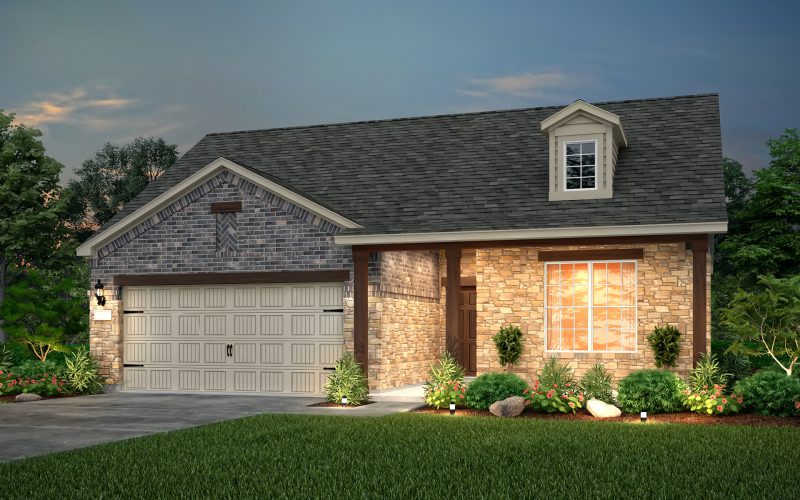When most new homebuyers think about the cost of homeownership, they’re thinking about the down-payment and the monthly mortgage payment. However, there may be several additional costs that they haven’t considered! Here are a few unexpected expenses you will also need to budget for when buying a home.
Moving Costs
Before you start making your monthly mortgage payments, you’ll first have to consider the cost of moving in! On average, a local move can range from $300 to $1,500, while a long-distance move can cost on average $2,500 to $5,000. These are just estimates and can vary greatly depending on the size of your move. Most professional movers will charge by the hour, so you can save time (and money) by doing some of the packing yourself. If you choose to do the move yourself, you’ll save some money but it won’t be free! Be sure to factor in the cost of packing supplies and a truck rental, if necessary.
Utilities
If you’re a renter, you’re already probably used to paying utilities. However, if your new home is significantly larger, be prepared for those utility bills to be higher than they were in an apartment. The average square footage for a 2-bedroom apartment is about 971 sq ft, while the average home is 2,273 sq ft. With more space comes higher utility costs!
Furniture and Appliances
Especially if you’re coming from apartment living, you may find that you now have more square footage to furnish than you did before. While you may already have some furniture and appliances, it is common for new homeowners to purchase additional pieces to fit their new, larger home.
Home Necessities
As a previous renter, it’s possible you’ve never had to be responsible for the maintenance that comes with homeownership. Be prepared to purchase items like a lawn mower, a snowplow, a tool kit, or anything else that might come in handy around the home!
Homeownership is something to be proud of, but the overall cost could be shocking if you’re not well prepared. When shopping for a home, make sure you are taking these things into account when determining your budget.





